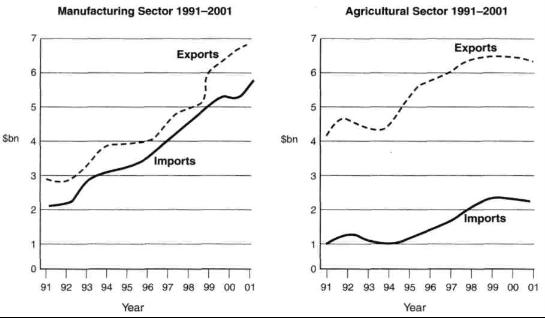 返回
教育头条
返回
教育头条

商务英语热词实名制分享 常用商务英语
今天小编给大家带来BEC商务英语热词:实名制,希望对大家有所帮助。接下来跟小编一起来看看吧。
Real name registration for Internet access, or Internet real name system, is a rule that requires Internet users to use their real names to identify themselves to service providers, including Internet or telecommunications operators.
网络实名制要求网络用户向包括网络和电信运营商在内的服务商提供真实身份认证。
The policy triggered heated discussion. Supporters say the rule serves to prevent electronic rumor-mongering and encourage discipline among Internet users. Opponents argue that requiring a real-name registration limits free speech.
该政策引发了激烈的讨论。支持者认为网络实名制有利于预防在网上散布谣言,保证健康的网络秩序。反对者则表示网络实名制会影响自由言论。
热词解析:
网络实名制的讨论由来已久。2002年清华大学新闻学教授李希光在南方谈及新闻改革时提出建议“应该禁止任何人网上匿名”。他认为网络也应该严格的受到版权和知识产权的保护,“同时网上写东西要负法律责任。”这番言论当时在网上引起轩然大波,被称为“李希光事件”。此后,2012年3月16日起,微博实名制(real-name weibo registration)开始实施。现在“实名制”的实施范围已经包括了存钱储蓄实名制(real-name savings deposit system)、火车票购买实名制(ID-based ticket booking system)、手机用户实名制(real-name registration system for mobile phone users)等。

更多例句:
Ministry officials said the real-name registration system would help curb the surging number of mobile phone crimes.
信息产业部的有关官员说,手机实名制将有助于控制目前不断增长的手机犯罪案件。
Beijing-based Sina declined to comment on how and how soon it would implement the new requirements for real-name registration.
总部位于北京的新浪公司拒绝评论它将从何时开始、以何种方式执行新的实名注册规定。
Real name registration for Internet access, or Internet real name system, is a rule that requires Internet users to use their real names to identify themselves to service providers, including Internet or telecommunications operators.
网络实名制要求网络用户向包括网络和电信运营商在内的服务商提供真实身份认证。
The policy triggered heated discussion. Supporters say the rule serves to prevent electronic rumor-mongering and encourage discipline among Internet users. Opponents argue that requiring a real-name registration limits free speech.
该政策引发了激烈的讨论。支持者认为网络实名制有利于预防在网上散布谣言,保证健康的网络秩序。反对者则表示网络实名制会影响自由言论。
热词解析:
网络实名制的讨论由来已久。2002年清华大学新闻学教授李希光在南方谈及新闻改革时提出建议“应该禁止任何人网上匿名”。他认为网络也应该严格的受到版权和知识产权的保护,“同时网上写东西要负法律责任。”这番言论当时在网上引起轩然大波,被称为“李希光事件”。此后,2012年3月16日起,微博实名制(real-name weibo registration)开始实施。现在“实名制”的实施范围已经包括了存钱储蓄实名制(real-name savings deposit system)、火车票购买实名制(ID-based ticket booking system)、手机用户实名制(real-name registration system for mobile phone users)等。

更多例句:
Ministry officials said the real-name registration system would help curb the surging number of mobile phone crimes.
信息产业部的有关官员说,手机实名制将有助于控制目前不断增长的手机犯罪案件。
Beijing-based Sina declined to comment on how and how soon it would implement the new requirements for real-name registration.
总部位于北京的新浪公司拒绝评论它将从何时开始、以何种方式执行新的实名注册规定。
以上内容为教育宝【王敏】编辑整理的内容,我已开通官方个人微信号(18560125702)。选商务英语课程,不焦虑!就让我来帮助你,就像帮助我自己,如果需要获得帮助,建议您加加我微信,可以十分便捷的和我充分互动交流,我会为您提供答疑指导等一条龙学习服务!返回教育宝头条
【免责声明】本文仅代表作者本人观点,与教育宝无关。教育宝对文中陈述、观点判断保持中立,不对所包含内容的准确性、可靠性或完整性提供任何保证。请读者仅作参考,特此声明!





